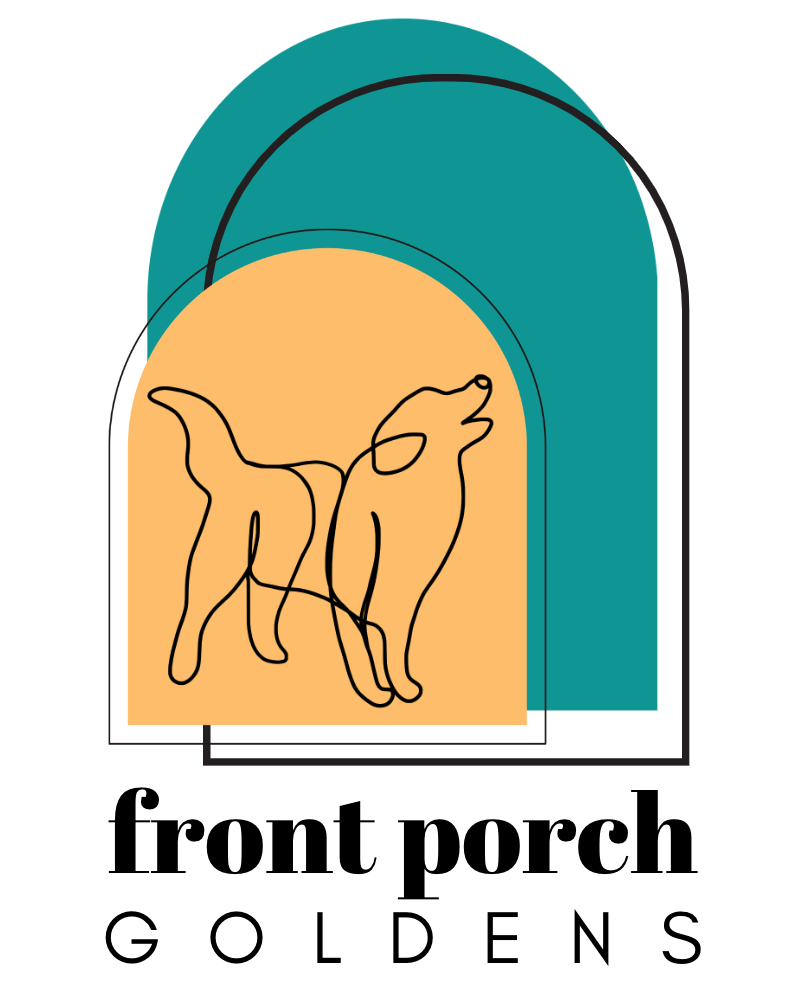A well-socialized, well-raised puppy
leads to a healthier and happier pet.
We invest countless hours in raising puppies with the best methods possible in order to ensure you take home a wonderful, faithful companion.
Below is information on two programs we implement with each litter: Puppy Culture and ENS Training.
Puppy Culture
Puppy Culture is a complete program of over 50 lessons from whelping box to new home that is scientifically proven to greatly improve outcomes for puppies! This includes early neurological stimulation (ENS), resiliency exercises, socialization exercises, basic skills training, aggression prevention, and more. The Puppy Culture team consists of top veterinary behaviorists, veterinarians, breeders, and dog trainers. This team of experts have bred, raised, and trained thousands of dogs.
ENS Training
At a newborn age, puppies are only able to do minimal things such as smelling and crawling. Research from the U.S. Military Canine Program has shown that between days 3 to 16 of a puppy's life is a critical time for growth of the neurological system in puppies. To help our puppy's growth and neurological development, we practice a program called “Super Puppy.” According to studies this give dogs a superior advantage in life. Tests prove the puppies that go through ENS were found to be more active and confident than non-ENS puppies. They determined that the ENS puppies were calmer, and were more comfortable in stressful situations. Basically, by putting the puppies through semi-stressful situations for a short period of time leads to these outcomes:
Benefits of Early Neurological Stimulation:
Improved cardio vascular performance
Stronger heart beats
Stronger adrenal glands
More tolerance to stress
Greater resistance to disease
From day 3 – 16 of the puppies being born, we perform this daily stimulation individually on each of our FPG puppies. ENS includes the following 5 exercises for 3-5 seconds. These exercises help produce neurological stimulations that normally do not naturally occur during these early days of life.
ENS Program:
Tactical stimulation (Q-tip between toes)
Head held up
Head pointed down
Supine Position (puppy on back)
Thermal stimulation (puppy placed on cool surface)




